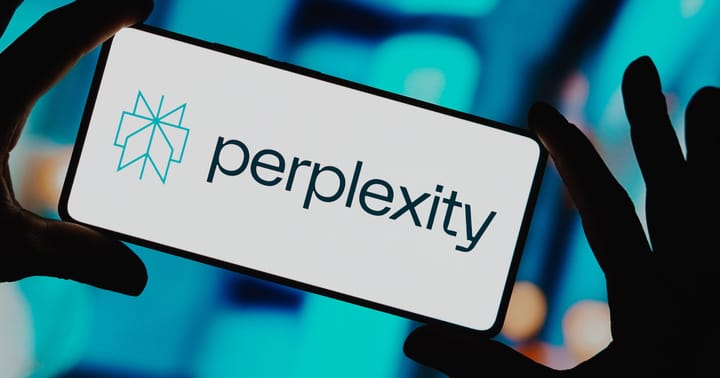OpenAI Engages In Discussions With Regulators Regarding Transition To For-Profit Model
The change would enable OpenAI to secure additional investment, crucial as its AI development costs grow.

OpenAI, known for its pioneering AI tools, including ChatGPT, is in preliminary discussions with regulators about a structural transformation from a nonprofit to a for-profit organization. The move, which could position OpenAI for greater investment opportunities, involves navigating regulatory scrutiny, particularly around the valuation and redistribution of its valuable intellectual property.
According to sources familiar with the matter, OpenAI has initiated conversations with the California attorney general’s office to review its proposed restructuring, which would involve shifting to a public benefit corporation (PBC). In this structure, OpenAI aims to preserve its mission-driven goals while also allowing for-profit operations to attract private funding. Delaware’s attorney general has similarly requested updates on OpenAI’s plans.
Since its founding in 2015, OpenAI has pursued AI development with a nonprofit mission of ensuring that artificial intelligence is safe and beneficial. However, the high costs of building advanced AI models prompted OpenAI to establish a capped for-profit subsidiary in 2019, allowing the organization to seek funding from investors while maintaining certain limits on returns.
Bret Taylor, OpenAI’s nonprofit board chair, stated that OpenAI’s nonprofit arm would continue to exist, benefiting from ownership in the restructured organization. “Any potential restructuring would ensure the nonprofit continues to exist and thrive and receives full value for its current stake in the OpenAI for-profit.”
The regulatory path for converting a nonprofit with assets, such as OpenAI’s proprietary AI technology, is expected to be intricate. California law requires charitable assets to remain allocated for their intended purpose, creating a complex process of asset valuation and justification.
The change would enable OpenAI to secure additional investment, crucial as its AI development costs grow. OpenAI’s latest investment round could also convert to debt if the restructure does not materialize within the next two years, according to previous reports.
In addition to state attorneys general in California and Delaware, OpenAI is expected to collaborate with federal and state tax authorities to complete the conversion. If successful, the transition to a public benefit corporation would allow OpenAI to operate as a for-profit while aligning with the public interest goals laid out in its original charter.




